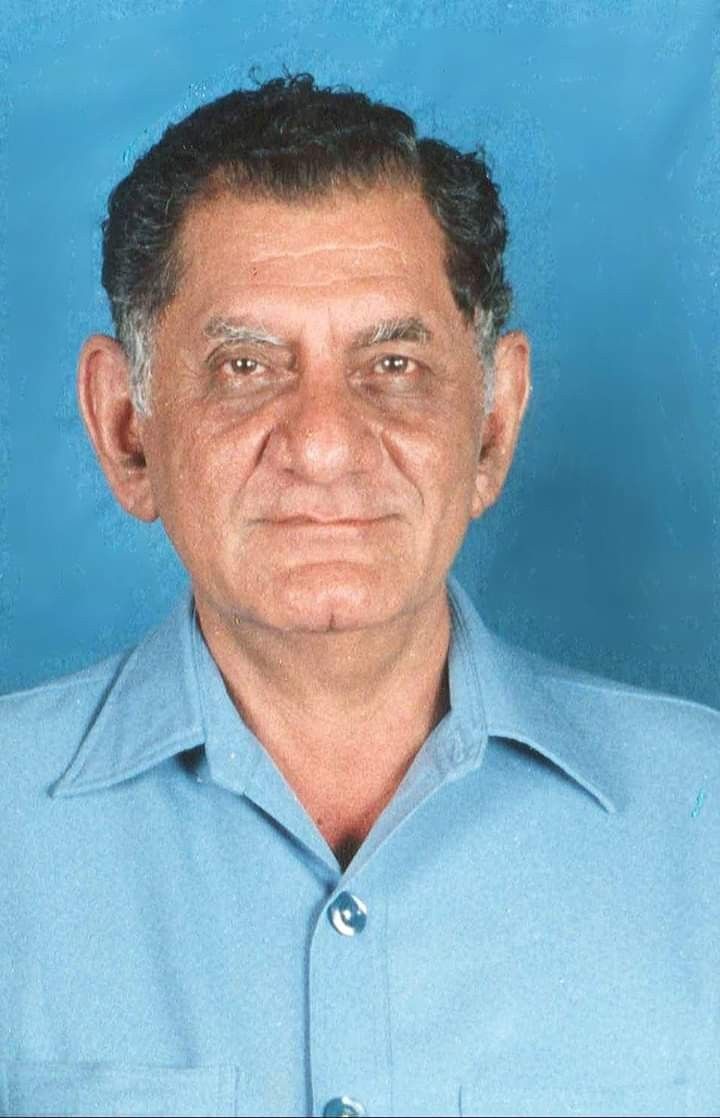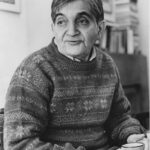Anand Bakshi: 10 Timeless Lessons from the Legendary Lyricist
Anand Bakshi, a name synonymous with Bollywood’s golden era of music, remains one of the most celebrated and prolific lyricists in Indian cinema. With a career spanning over five decades, he penned thousands of songs that continue to touch hearts across generations. His lyrics were simple yet profound, capturing emotions that resonated with the common man.
From love and patriotism to heartbreak and motivation, Anand Bakshi’s words became anthems of life. This article delves deep into his biography, his impact on daily life, and the significance of his contributions to Indian cinema and society.
Early Life and Struggles
Anand Bakshi was born on July 21, 1930, in Rawalpindi, British India (now in Pakistan). After the Partition in 1947, his family migrated to India, settling in Delhi. Before his rise as a lyricist, Bakshi served in the Indian Army for a few years, harboring dreams of making it big in the film industry.
In 1950, he moved to Mumbai (then Bombay) to try his luck in Bollywood. However, his initial years were filled with struggle. He took up odd jobs to survive, but his passion for songwriting never wavered. His persistence paid off when he got his first break as a lyricist in Bhala Aadmi (1958), though it took a few more years before he gained widespread recognition.
Rise to Fame and Golden Era
The 1960s and 70s marked the beginning of Anand Bakshi’s golden period. His partnership with legendary composers like Laxmikant-Pyarelal, R.D. Burman, and Kalyanji-Anandji produced some of Bollywood’s most iconic songs. His breakthrough came with Jab Jab Phool Khile (1965), where songs like “Ek Tha Gul Aur Ek Thi Bulbul” became instant classics.
Some of his most memorable songs include:
- “Dum Maro Dum” (Hare Rama Hare Krishna, 1971)
- “Tere Mere Beech Mein” (Ek Duuje Ke Liye, 1981)
- “Mere Sapno Ki Rani” (Aradhana, 1969)
- “Ye Sham Mastani” (Kati Patang, 1970)
- “Tujhe Dekha Toh Ye Jana Sanam” (Dilwale Dulhania Le Jayenge, 1995)
His lyrics had a conversational and relatable quality, making them accessible to everyone. Whether it was romance, heartbreak, celebration, or social messages, Bakshi’s words always struck a chord.
Impact on Daily Life
Anand Bakshi’s songs have been an integral part of Indian households, celebrations, and emotions.
1. Love and Romance
Songs like “Chingari Koi Bhadke” and “Pardesi Pardesi” beautifully expressed the complexities of love. Couples across generations have dedicated his lyrics to each other.
2. Motivation and Inspiration
His lyrics in “Rote Hue Aate Hain Sab” (Muqaddar Ka Sikandar) and “Zindagi Ke Safar Mein” (Aap Ki Kasam) inspire people to keep moving forward despite challenges.
3. Celebrations and Festivals
Songs like “Bindiya Chamkegi” (Do Raaste) and “Aajkal Tere Mere Pyaar Ke Charche” (Brahmachari) remain popular at weddings and parties.
4. Patriotism and Social Messages
His words in “Ae Mere Watan Ke Logon” continue to stir patriotic emotions in every Indian.
His lyrics were not just words; they became life lessons, offering solace, motivation, and joy.
Significance and Legacy
1. Bridging Generations
Even decades after his passing, Anand Bakshi’s songs are frequently remixed and revived, proving their timeless appeal. His lyrics are as relevant to the youth today as they were to their parents and grandparents.
2. Simplicity with Depth
Bakshi’s ability to write profound thoughts in simple words made him the “People’s Lyricist.” Unlike complex poetry, his songs were easy to understand yet deeply moving.
3. Collaboration with Musical Legends
Working with R.D. Burman, Lata Mangeshkar, Kishore Kumar, and Mohammed Rafi, Anand Bakshi was instrumental in shaping Bollywood’s golden musical era.
4. A Guinness-Worthy Record
With over 3,500 songs to his credit, he remains one of the most prolific lyricists in Bollywood history.
Observance and Remembering Anand Bakshi
Though he passed away on March 30, 2002, his work continues to be celebrated:
- Musical Tributes: Fans and musicians pay homage to him through concerts and cover versions of his songs.
- Bollywood Revival: Many of his classic songs are remixed, keeping his legacy alive for new generations.
- Award Recognitions: He was honored with multiple Filmfare nominations and awards, and even posthumously remembered for his contributions.
FAQs About Anand Bakshi
Q1: How many songs did Anand Bakshi write?
Anand Bakshi wrote over 3,500 songs in his career.
Q2: Which was Anand Bakshi’s first hit song?
“Jab Jab Phool Khile” (1965) marked his breakthrough.
Q3: What makes Anand Bakshi’s lyrics special?
His lyrics were simple, relatable, and deeply emotional, making them universally appealing.
Q4: Did Anand Bakshi receive any awards?
Yes, he won multiple Filmfare Awards and was nominated numerous times for Best Lyricist.
Q5: Why is Anand Bakshi important to Bollywood?
He shaped Bollywood music for over five decades, providing lyrics that resonated across generations.
Final Thoughts: Anand Bakshi’s Everlasting Influence
Anand Bakshi’s contribution to Indian music is immeasurable. His words continue to be the soundtrack of life—whether in love, sorrow, celebration, or nostalgia. His ability to express complex emotions in simple words remains unmatched.
Even in today’s era of evolving music, his lyrics remind us of a time when songs were pure, meaningful, and heart-touching. For millions, Anand Bakshi’s words will always be the melody of their memories.
So, the next time you hum an old Bollywood song, there’s a good chance it’s one of his masterpieces. 🎶










